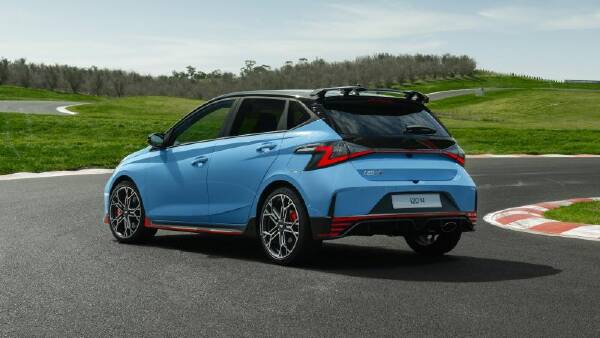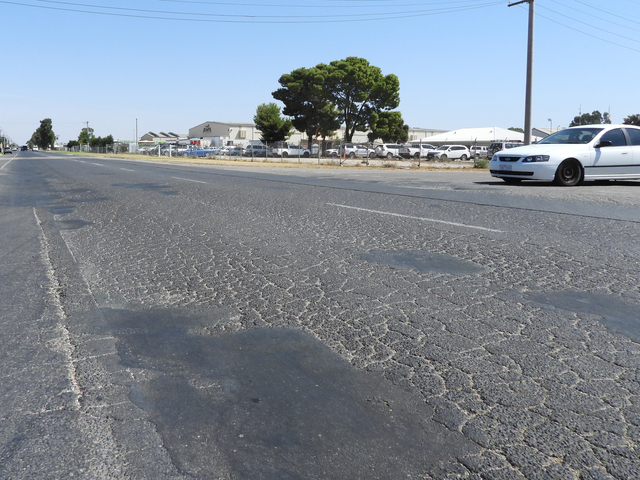
Hyundai has announced plans to broaden its N performance division by introducing more petrol-powered models that will remain affordable for consumers. This strategy aims to leverage hybrid technology to enhance the performance of these vehicles while keeping costs lower than their electric vehicle (EV) counterparts.
The automotive industry is witnessing a significant shift towards electrification, but Hyundai’s decision to focus on petrol performance cars reflects a commitment to maintaining a diverse lineup. According to an official from Hyundai, hybridisation will play a crucial role in achieving this goal. By combining traditional petrol engines with electric components, Hyundai can offer vehicles that deliver thrilling performance without the premium price tag often associated with high-end EVs.
Affordable Performance for Enthusiasts
Hyundai’s N performance division has garnered attention for its high-powered vehicles, which have become popular among driving enthusiasts. The introduction of more affordable petrol options is expected to attract a broader customer base. The company aims to provide an exhilarating driving experience that does not compromise on affordability, making it accessible to a wider audience.
The global automotive market has seen increasing demand for performance cars, and Hyundai is positioning itself to capitalize on this trend. By offering petrol models alongside its EV range, the company is reinforcing its commitment to performance while recognizing the varied preferences of consumers.
Hyundai has not yet disclosed specific models or pricing details for these new petrol performance vehicles. Nonetheless, expectations are high that the upcoming releases will bring a fresh dynamic to the N performance lineup. The company’s strategy seems designed to balance the growing interest in sustainable vehicles with the enduring appeal of traditional petrol engines.
Hybrid Technology Enhancements
The integration of hybrid technology into Hyundai’s N performance cars is expected to enhance both efficiency and power. This approach aligns with the company’s vision of sustainability while adhering to performance standards. By incorporating electric motors, Hyundai can improve acceleration and responsiveness, offering drivers a thrilling experience.
As the automotive landscape evolves, Hyundai’s focus on hybridisation may provide a competitive edge in a market increasingly dominated by electric vehicles. By offering a hybrid solution, the company can maintain relevance in a rapidly changing environment. This strategy could also appeal to consumers who are hesitant to fully transition to electric due to concerns about range and charging infrastructure.
Hyundai’s commitment to expanding its N performance division with affordable petrol models and hybrid technology indicates a keen awareness of market demands. As the company navigates the complexities of the automotive industry, its efforts will likely shape the future of performance driving for many enthusiasts around the world.






